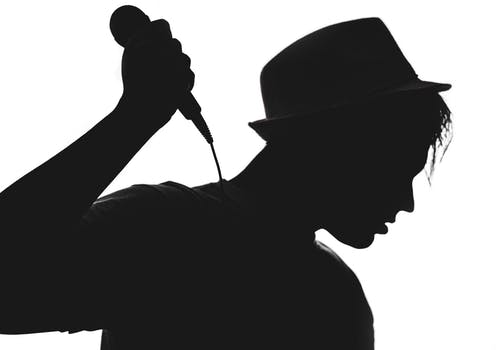While playing the bass drum, the other day I noticed something different.
I noticed that my bass drum sound was much different from the bass drum sound used by the pros.
This was a bit unsettling and very frustrating because I assumed that just by buying and setting up the bass drum, I should be able to get the same sound as the pros.
This got me thinking of ways to make mine sound better
It was then I came across something called Dampening and muffling of bass sound
So I went into research mode, trying to figure out what this was all about.
And I struck gold. In this article, we will be looking at what it means to dampen a bass drum sound, and the steps you should take if you want to do so and get a high quality sound
What is the meaning of Drum Dampen?
I know you must have heard about this a lot but here are some other names by which this is referred to.
It can be called drum dampening, drum muffling, drum muting or sound control. Whichever one you chose, they all mean the same thing
Drum dampening is simply a situation whereby you add something extra to the drum or drumhead which changes the sound.
Evans EQ Pad Bass Drum Damper

Doing so causes one or more of the following
- Less ringing
- Less overtone
- Less sustain
- Less high pitch frequencies
- Less tone
- Less volume
Basically drum dampening helps to change or remove unwanted sounds from your drum sound
This makes it so much nicer and pleasing to the ear
Do I need to dampen my drums?
This is one question I get a lot and I must say the simple answer is “it depends”
Seriously… I wish I was able to give you something more than this but it depends on the type of sound that you want
Some people are perfectly fine with the sound that comes out from their drums without any additional touch to it
While others might prefer it to sound a little more polished and pleasing
Like I said earlier, you need to go with your ears
Here are some tips to get started with dampening your drums
- First if you have the cash, then you should consider getting some Pro equipments that take out that extra sound. A good example is the Evans EQ Pad Bass Dampener. This is a custom muffling product that fits right at the bottom of your drums.
- If you don’t want to spend any money, then here are some things you can try. Try placing a blanket or pillow at the base of the drums. This will totally cut off the air and produce a dead flat sound
- If you cannot get a decent sound right away, try adjusting and moving the pillow around until you get a nice sound
- One thing you need to know is that drum dampening will definitely affect the volume of your sounds. This is a useful information to know as it will affect how you play.
- Different environments will need different drum dampening methods
- If you add too much drum dampening materials, be aware that they will sound different to the audience and also when combined with other instruments


